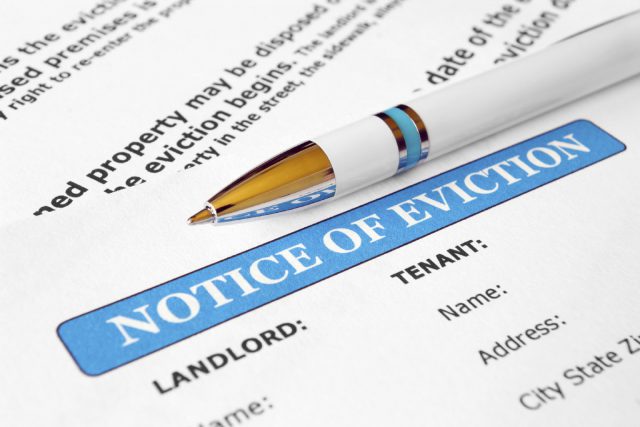Legal Expert Offers Advice for Landlords on Section 21 Notices
When the Deregulation Act 2015 was introduced on 1st October, it brought with it many complications for landlords. Legal expert Francessca Tremeer has advice for landlords on what you must do to avoid a section 21 notice becoming invalid.
Under the Deregulation Act, there are new rules for landlords to adhere to when serving a section 21 notice on tenants for Assured Shorthold Tenancies (ASTs) that started on or after 1st October 2015.
Tremeer, of QualitySolicitors Burroughs Day, explains that to ensure best practice, you must “get it right at the start” by complying with all of the rules and regulations that govern the private rental sector. This includes keeping consistent and correct documentation, conducting the required safety checks, complying with

Francessca Tremeer
deposit legislation and keeping records of all correspondence with your tenants.
“Section 21 notices are easy to get right, but many people get them wrong,” says Tremeer.
If you are serving a section 21 notice to evict a tenant, you do not need to give reasons for asking them to leave. However, be aware that you cannot serve a section 21 notice within the first four months of a tenancy, or within six months of receiving an improvement notice from the local authority. Also, be aware that you must use the word ‘after’ in your notice and specify a calendar date for the tenant to leave. There is a prescribed form of section 21 notice that landlords should use.
“When serving the section 21 notice, you must allow enough time for service of the notice,” says Tremeer. She explains that you must stick to what is written in the tenancy agreement about serving eviction notices and choose the relevant method of service.
“If there is no mention of serving by post, for example, then don’t post it,” adds Tremeer.
You must also keep a proof of service, so if you are serving the notice in person, you should take a witness with you and make a note of the date and time of service. Additionally, you must ensure that the tenant has physically received the notice, either by putting it into their hand, through the letterbox, or under the door.
If your tenant stays in the property after the section 21 notice has expired, what can you do? “You can then use the accelerated possession procedure,” says Tremeer.
There is usually no need for a hearing in these cases, you will simply need to complete a claim form for possession, sign the document and post the form, tenancy agreement and other required documents to the court. However, this comes with a cost of £355. If you let out a House in Multiple Occupation (HMO), you may also be required to send your license.
If your tenant still doesn’t leave after a possession date has expired, you can send a bailiff to the property. This typically costs £110, but can take six weeks or more. “If you do need to go down this route, it is useful to have a clause in the tenancy agreement that tells tenants not to leave their possessions in the property, and what you will do if anything is left behind,” advises Tremeer.
As the process of evicting a tenant can take a long time, and if they haven’t been paying the rent already, your finances may suffer. You should consider taking out landlords insurance.
Follow this advice and stick to the law!
QualitySolicitors offers a fixed fee possession service for landlords. If you have further questions relating to problem tenants and how to gain possession, QualitySolicitors Burroughs Day provides a free first advice service and you can also sign up to their regular legal bulletin for landlords.





